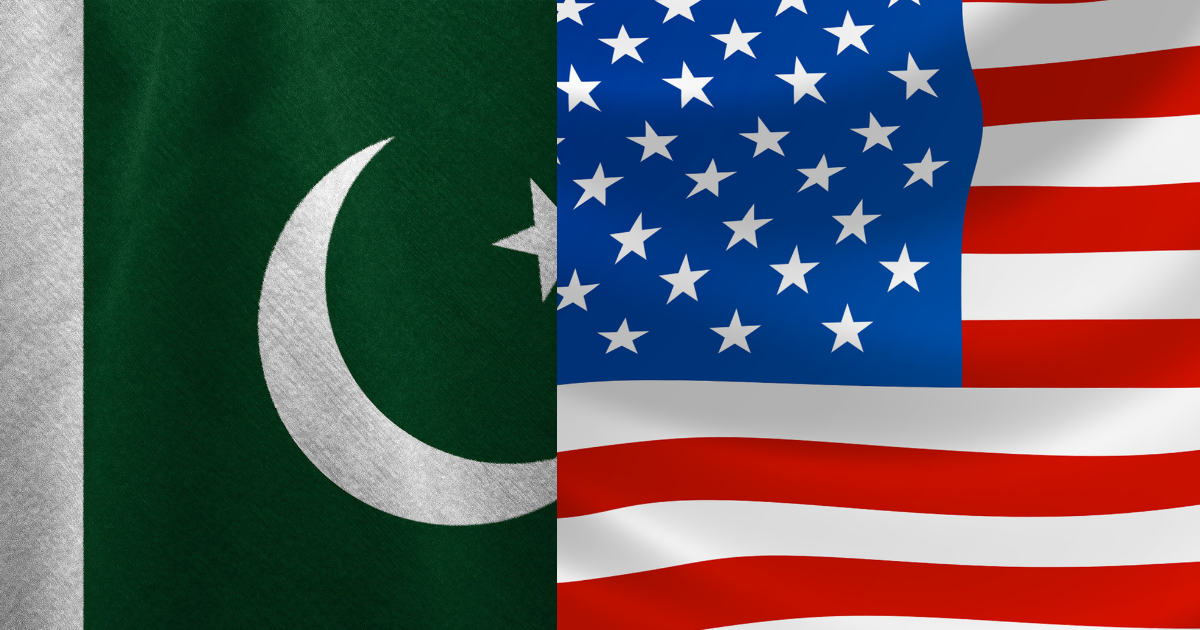A Pakistani delegation arrived in Washington on Monday to finalize a trade deal with the U.S. government.
The team is currently in talks with U.S. Trade Representative Jamieson Greer and other senior officials. According to Pakistan’s Finance Ministry, the discussions are expected to wrap up by the end of the week.
One of the key points on the table is the future of the reciprocal tariffs that were introduced during the Trump administration — a decision that could shape the direction of trade between the two countries moving forward.
Despite maintaining a trade surplus of approximately $3 billion with the United States in 2024, Pakistan continues to face a steep 29% tariff on its exports to the U.S. market. This imbalance has become a growing concern for Islamabad, especially as it tries to protect its export sectors while fostering a more stable economic relationship with Washington.
In an effort to ease these tariff pressures and promote a more balanced trade environment, Pakistan has put forward several key offers during the ongoing negotiations. Among them is a proposal to increase imports of American goods, particularly crude oil, as a way to narrow the trade gap. Additionally, Pakistani officials have expressed a strong interest in opening up new investment opportunities for U.S. companies, especially in strategic sectors such as mining and mineral exploration.
One of the most prominent opportunities under discussion is the Reko Diq project, a massive copper and gold mining venture in Balochistan. The U.S. Export-Import Bank is currently reviewing financing proposals ranging from $500 million to $1 billion to support the project’s development — a sign that U.S. financial institutions are increasingly looking at Pakistan as a serious investment destination.
For Washington, finalizing trade agreements with both Pakistan and India is seen not just as an economic win, but also as a critical move toward ensuring long-term regional stability. Strengthening economic ties with South Asian nations is being viewed by U.S. officials as a way to foster cooperation, build mutual trust, and reduce tensions in one of the world’s most strategically sensitive regions.
